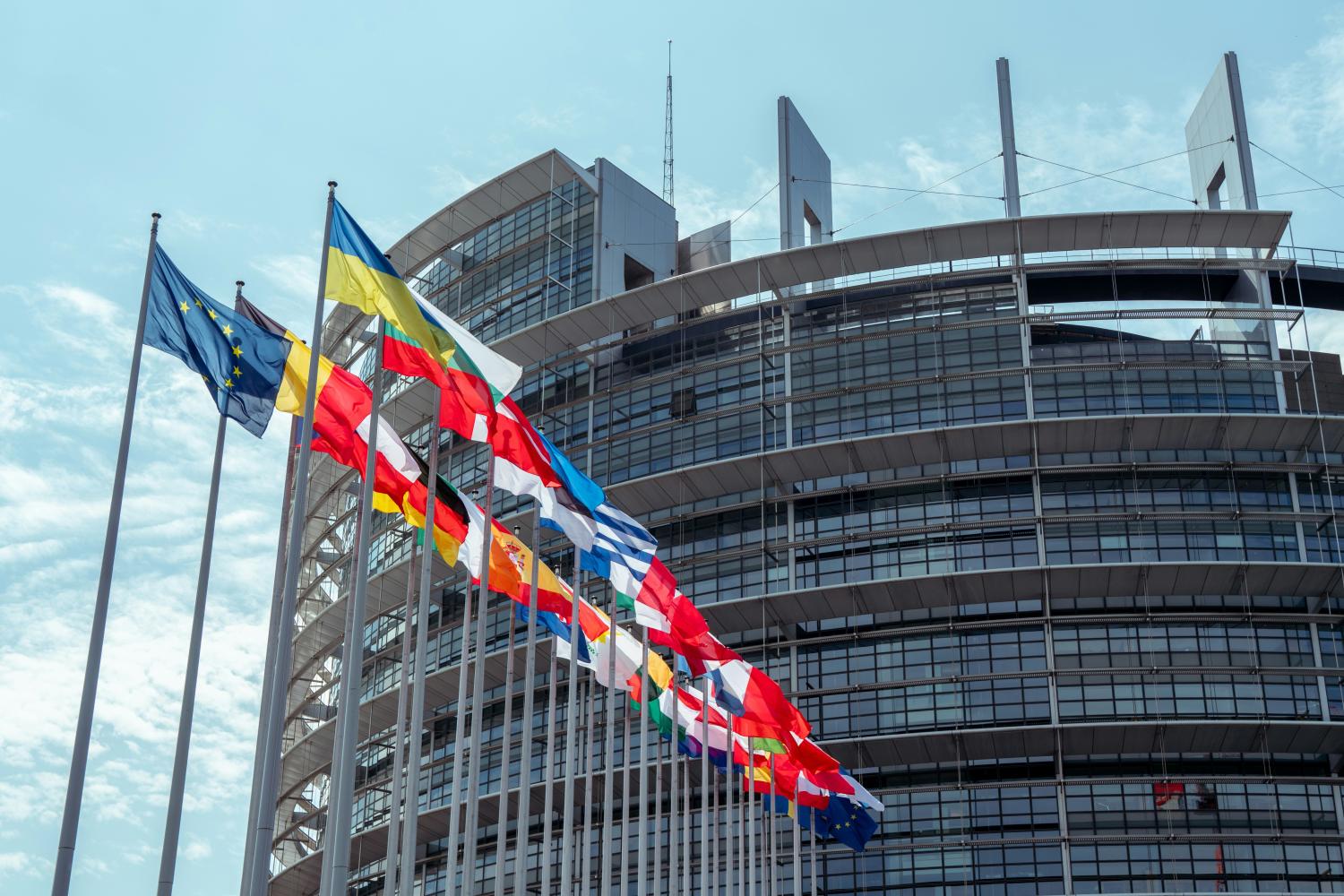
The European Parliament elections were held this past weekend, with all member countries voting in their delegates for one of the European Union’s major legislative bodies. As the votes poured in, their tally increasingly came at a bit of surprise: there was a strong showing for the political right across the board, with parties affiliated with the political left tending to hold steady or endure losses.
Plenty of media pundits have weighed in on the political implications of the election results, putting more emphasis than we might on the importance of a conservative or liberal victory, itself, for the future of the EU. But for a region that’s long been trending toward putting progressively-minded leaders in charge, the issues voters and parties are now going to bat over do seem to be revealing interesting fault lines around the moral and spiritual principles behind them. What’s intriguing is that the conservatives gaining traction are those who support not just right-wing ideals on specifically political topics – economic questions or questions over national sovereignty – but also ideals like traditional morality, the importance of religion for society, and traditional family life, topics which seem to be especially important to their voters. What’s the reason for the swing?
Of course, there are surely any number of factors at play. But one of them might be this one: for years now, European polls have favored political platforms that correspond with the utopian, neo-Gnostic vision so prominent in the modern world – platforms that promise the elimination of oppression through political and social means so that justice, equality, freedom, and happiness can be had by all. Sometimes this looks like an emphasis on ending climate change, or furthering the sexual revolution, or supporting LGBTQ+ rights. But whatever form it takes, one of the problems of any utopian vision is that while it promises big, it never quite delivers. It can’t: these kinds of visions don’t map onto a true anthropological vision of who we fallen and limited human beings really are, and so they can’t make good on what they set out to accomplish. Our unjust, imperfect world remains unjust and imperfect; perfect equality and happiness aren’t had by all; and people end up disillusioned and disappointed.
These election results might be signs that that disappointment is starting to be felt. The media has been tracking large amounts of discontent over precisely these issues – social justice work becoming contradictory, climate policies becoming myopic – and increasing interest in more “traditional” values, even values more directly linked with Christianity. Of course, one shouldn’t put too much stake in a single set of election results in any direction – a strong conservative showing won’t change the world, either, nor will that of any political party – but it’s worth noticing that modernity’s progressive, utopian dreams aren’t finding perfectly steady ground right now. A nerve seems to have been touched, and a new moral and spiritual vision, even a Christian one, seems to be finding new footholds we’d do well to stay awake to.
What are the limits of Bible apps, and why does it matter?
Bishop Barron reflects: The higher you go liturgically, the lower you should go in service to the poor.


